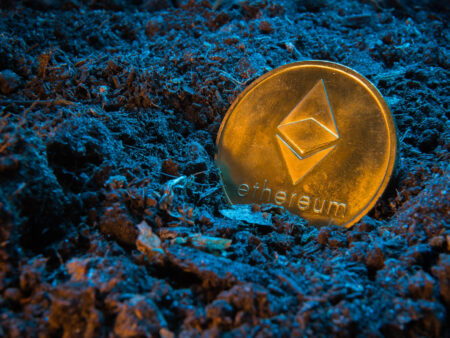The Ethereum community has been buzzing with anticipation as the L2 rollup project Taiko moves closer to its mainnet launch, receiving a significant nod from Ethereum’s co-founder, Vitalik Buterin. Buterin expressed his enthusiasm for the project via a message embedded in Taiko’s genesis, or first, block. This high-profile endorsement has undoubtedly given Taiko an auspicious start, reinforcing its preparations for its mainnet debut and setting the stage for what could be a transformative development in the Ethereum ecosystem.
Established in 2022, Taiko is poised to enhance the scalability of the Ethereum network through the deployment of based rollups. This approach eliminates the need for additional consensus mechanisms, thereby reducing Ethereum’s network congestion—a critical step forward in addressing the current scalability challenges faced by the network.
At the core of Taiko’s innovation is its use of Zero-Knowledge Proofs (ZKPs), which are instrumental in achieving scalability without compromising the network’s security. The mainnet is particularly focused on EVM-equivalence at the operational code level. This attention to compatibility is crucial as it ensures that existing smart contracts and decentralized applications (Dapps) can seamlessly interact with the new infrastructure, providing a smooth transition for developers and users alike.
Security remains a priority, as highlighted by Buterin, who underlined the necessity of an independent data availability system for L2 rollups. This requirement is what sets platforms like Taiko apart from Validiums, with the former providing a more comprehensive security guarantee by not compromising on data availability.
In tackling the scalability issues, Taiko uses Ethereum’s validators to sequence transactions. This incorporation of based rollups not only enhances scalability and speed but also reinforces the system’s robustness. The project’s focus on type 1 ZK-rollups indicates a strategic choice to leverage the latest advancements in cryptographic techniques for optimising network efficiency.
The introduction of Taiko may usher in a new era for the Ethereum ecosystem, with promising implications for users and developers seeking to capitalize on the blockchain’s full potential. Buterin’s endorsement echoes a sentiment of confidence in Taiko’s approach to scalability and security, which could resonate widely across the crypto community.
In conclusion, as the Ethereum network continues to grow and adapt, the emergence of projects like Taiko signifies the ongoing efforts to refine blockchain technology for broader adoption. With key figures like Buterin lending their support, Taiko embarks on its mainnet journey that may very well redefine the standards for scalability and interoperability within the Ethereum blockchain.










